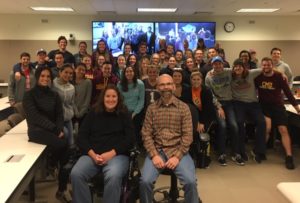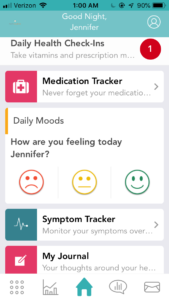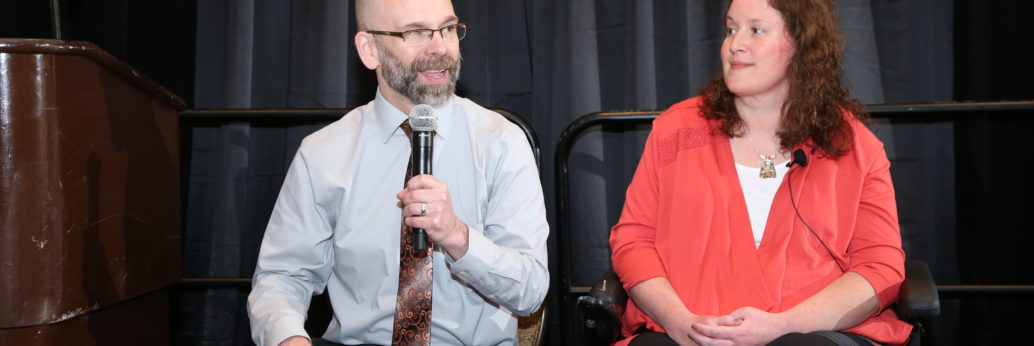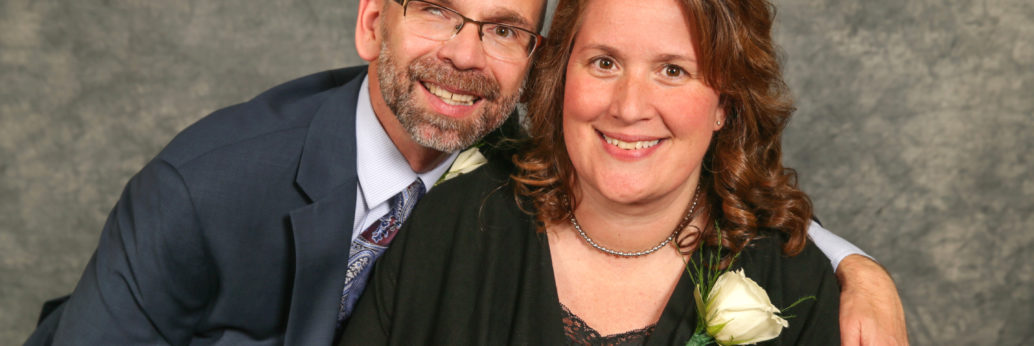Sharing your Multiple Sclerosis stories is a key component to self-care.
I often say that I’m going to keep talking about Multiple Sclerosis so much that people will cure the disease just to shut me up.
But they haven’t cured it yet, so I’m still talking.
Dan and I recently had the opportunity to speak to second-year doctor of physical therapy students at Central Michigan University during the MS section of their coursework.

We’ve lost count of how many years their professor, Dr. Jan Perkins, has invited us to share our MS diagnosis stories and patient experiences with these future physical therapists. They always impress us, and we’ve stayed connected wth many of them over the years.
It’s humbling to think our perspectives are giving real-life insights to help educate the next generation of PT practitioners.
When all is said and done, they aren’t the only ones who benefit from hearing what we have to say.
And this is where the self-care aspect comes into play, whether we’re talking to the PT students, our families, friends or complete strangers.
Sure, they all can read about MS online or in a book, but they truly can’t relate to it until they’ve heard about it from people who deal with it every day.

Building on that, we’ve found that telling others about our realities:
- Improves our moods because we no longer feel so alone.
- Empowers us because we know we’re teaching people – the ones who can help us – to better understand what it’s like to live with MS.
- Opens doors for others to give us their tips to overcome our challenges.
One of the ways that we reflect on our MS conversations with others and how they affect us is through the Health Storylines app. In addition to using its journaling tool to write about our experiences, such as speaking to the PT students, it enables us to track our moods, symptoms, medication and more.
And having all this information pulled together in one place makes it easier to share our stories and take better care of ourselves.




